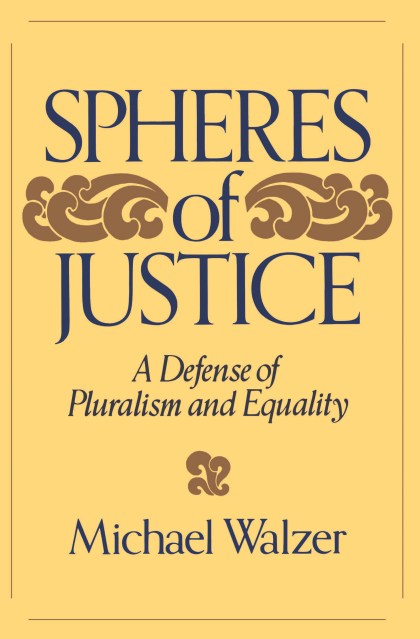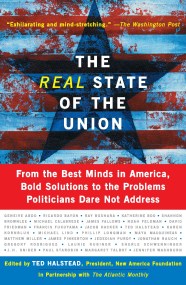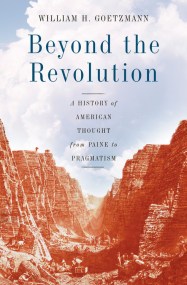By clicking “Accept,” you agree to the use of cookies and similar technologies on your device as set forth in our Cookie Policy and our Privacy Policy. Please note that certain cookies are essential for this website to function properly and do not require user consent to be deployed.
Spheres Of Justice
A Defense Of Pluralism And Equality
Contributors
Formats and Prices
- On Sale
- Aug 5, 2008
- Page Count
- 364 pages
- Publisher
- Basic Books
- ISBN-13
- 9780786724390
Price
$17.99Price
$22.99 CADFormat
Format:
- ebook $17.99 $22.99 CAD
- Trade Paperback $25.99 $32.99 CAD
This item is a preorder. Your payment method will be charged immediately, and the product is expected to ship on or around August 5, 2008. This date is subject to change due to shipping delays beyond our control.
Buy from Other Retailers:
The distinguished political philosopher and author of the widely acclaimed Just and Unjust Wars analyzes how society distributes not just wealth and power but other social “goods” like honor, education, work, free time—even love.
Newsletter Signup
By clicking ‘Sign Up,’ I acknowledge that I have read and agree to Hachette Book Group’s Privacy Policy and Terms of Use






